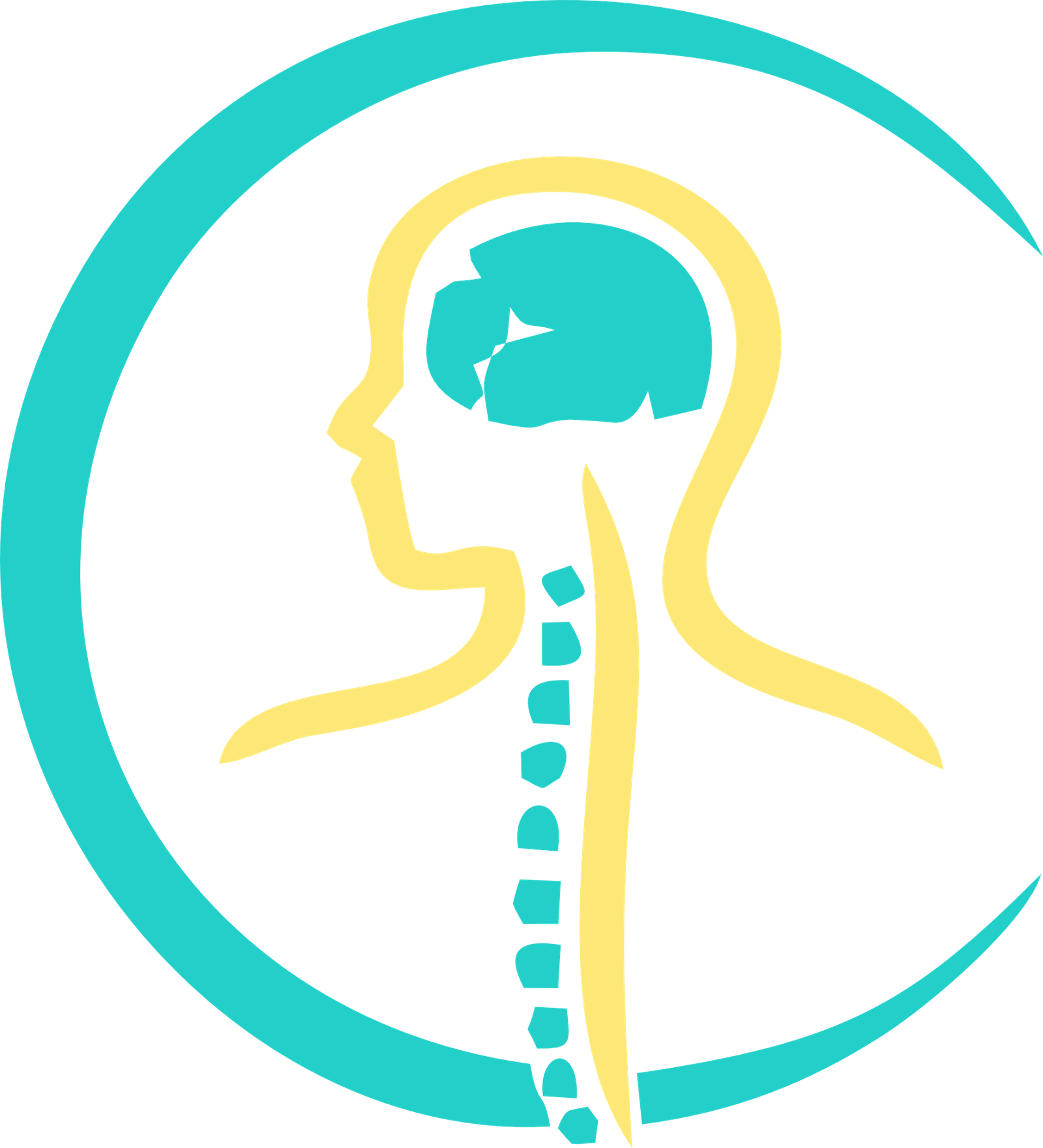Small Changes. Big Impact on Your Brain.
We all want to stay sharp—whether we’re students, professionals, or seniors. The good news? Your daily habits play a huge role in how your brain functions today, and in the future.
At Dr. Anurag Lamba’s Neurology Clinic in Panchkula, we believe prevention is as important as treatment. Let’s explore simple lifestyle changes that can protect and strengthen your brain over time.
1. Eat Brain-Friendly Foods
Your brain loves nutrients. Choose foods that fight inflammation and boost memory:
- Leafy greens: Spinach, methi, kale
- Omega-3 rich foods: Walnuts, flaxseeds, fish
- Berries: Blueberries, strawberries
- Turmeric: Helps with inflammation and brain clarity
- Dark chocolate: In moderation, improves blood flow to the brain
💡 Related Read: See how diet connects with brain function in How Vitamin Deficiencies Impact Neurological Health
2. Exercise Regularly
You don’t need a gym. Just 30 minutes of daily walking, cycling, or yoga:
- Increases oxygen to the brain
- Reduces risk of stroke and memory loss
- Improves mood and sleep
💡 Related Read: Recovering from nerve issues? Try gentle rehab in Neurorehabilitation: Exercises & Tips for Faster Recovery
3. Prioritize Sleep
Your brain resets when you sleep. Poor sleep = poor focus, memory issues, and mental fatigue.
- Aim for 7–8 hours each night
- Avoid screen time before bed
- Create a fixed sleep routine
4. Stay Mentally Active
The more you challenge your brain, the better it performs. Try:
- Crosswords, Sudoku, or memory games
- Learning a new language or skill
- Reading, storytelling, or creative hobbies
5. Manage Stress Effectively
Chronic stress kills brain cells and shrinks memory regions. Try:
- Deep breathing or guided meditation
- Taking breaks between tasks
- Talking to a friend or counselor
💡 Related Read: Learn how emotions impact your body in Emotional & Psychological Support During Fertility Treatments (contextual for cross-linking wellness topics)
6. Cut Down on Sugar and Ultra-Processed Foods
High sugar and processed diets are linked to mental fog, mood swings, and memory problems.
- Switch to whole foods
- Drink more water
- Read food labels before buying
7. Limit Alcohol and Avoid Smoking
Both habits reduce brain volume over time. Quitting helps improve blood flow and slows age-related decline.
8. Stay Socially Engaged
Loneliness increases dementia risk. Make time to:
- Talk to family or friends
- Join a group or hobby club
- Stay involved in your community
9. Monitor Chronic Conditions
If you have diabetes, high BP, or cholesterol—managing them is key to protecting brain health.
- Take prescribed meds
- Get regular checkups
- Track symptoms and changes
💡 Related Read: Understand signs that need urgent care in Panchkula Patient’s Guide to Checking Neurological Symptoms
When Should You See a Neurologist?
If you or a loved one is noticing:
- Memory loss or confusion
- Frequent headaches or dizziness
- Numbness, tingling, or vision issues
- Trouble with coordination or speech
Then it’s time to consult Dr. Anurag Lamba for a brain health checkup.
Final Thoughts: A Sharper Brain Begins with Daily Habits
Taking care of your brain doesn’t need major effort—just consistent small steps.
At Dr. Anurag Lamba’s Clinic in Panchkula, we support your neurological health with expert care, testing, and guidance.
📍 Clinic Location: Panchkula, Haryana
📞 Call Us: +91 9780355355
📅 Book a Brain Health Consultation
FAQ: Brain Health & Lifestyle
1. Can poor diet affect brain function?
Yes. High sugar and low-nutrient diets reduce focus, mood, and memory.
2. Does walking really help the brain?
Yes. Daily walking improves blood flow, reduces anxiety, and supports memory.
3. How do I know if my memory loss is normal or not?
If it interferes with daily life or worsens, consult a neurologist for evaluation.
4. Can brain health be improved at any age?
Absolutely. It’s never too late to make positive changes and protect brain function.










